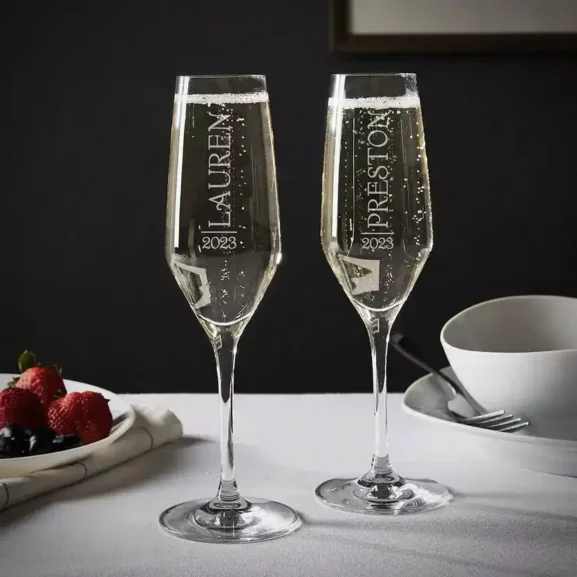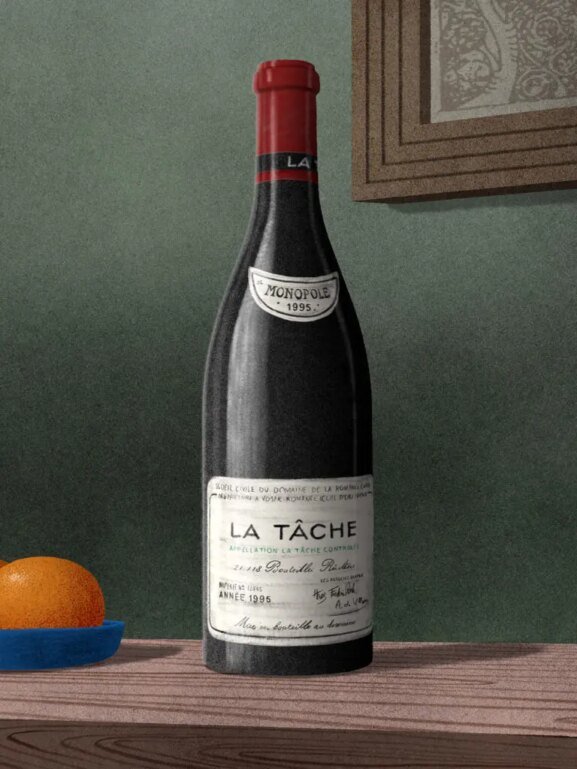Culture: A Month After the Maui Fire, the Island’s Only Winery Faces an Uncertain Future
Paula Hegele will never forget the dark, billowing clouds and the scent of charred earth that in early August enveloped Maui Wine, the sole winery on the Hawaiian island of Maui.
“The winds that came in with the storm were really, really difficult, because they came from every direction,” recalls Hegele, who serves as the winery’s president. In short order, she closed the tasting room and sent her staff of thirty home due to the thick smoke and road closures. “Our vineyard looks across to where the Lahaina side is, and that whole thing that night was just red, glowing with the fire.”
You May Also Like: The Complex Science and Evolving Toll of Smoke Taint
When the flames finally retreated, it became clear that Maui had suffered one of the nation’s most deadly wildfires to date. Miraculously, Maui Wine—which is located on the slopes of the volcano Haleakala between 1,700 and 1,850 feet in elevation—escaped the devastation. But like so many other businesses in Maui that rely on tourism, the road to recovery will likely be long and hard.
One month after the fire, Maui Wine is taking stock of how it can regain a sense of normalcy—and if that’s even possible.
A Perfect Storm
Maui Wine’s 23-acre estate grows Syrah, Malbec, Grenache, Chenin Blanc, Viognier and Gewürztraminer grapes. It also crushes 300,000 pounds of locally-grown Maui Gold pineapples for its popular pineapple wines, which come in still and sparkling varieties and comprise half of the winery’s 25,000-case annual production. The fires arrived midway through production season at Maui Wine.
“We have our harvest a little bit earlier,” explains Hegele. “So having ferments going, having things to do, you never stop producing.” Subsequent power losses halted refrigeration and other equipment, which could have spelled disaster for this year’s vintage. Luckily, Hegele located a temporary generator to restore power and the fruit was undamaged.
You May Also Like: A Wine Guide to Hawaii, Island by Island
An advisory put in place immediately post-fire, which bans filtering or cleaning water, further complicated this year’s production. Since its implementation, Hegele has struggled with government officials to obtain validation and proof of quality for her winery’s water filtration system, installed almost 15 years ago. The Granular Activated Carbon (GAC) water system removes toxins using multiple micron filters, reverse osmosis and a deionized (DI) water system.
“We have a solution and are being told it cannot be used,” says Hegele. “More and more residents and businesses are going to want to protect themselves in the future, and it is a shame to have good tools disregarded because there is no ‘regulation’ that makes them usable.”
In the meantime, the winery has obtained permission to use an existing 4,000-gallon back-up tank of filtered water. Additional water regulations require that potable water only be used in tasting rooms and restaurants; to comply, winery staff hand-wash glasses, have installed public handwashing stations and outsource potable water.
The Path Ahead
Although Maui Wine’s actual wine may have survived the fire, its once-steady stream of visitors has not returned. Before the fire, Hegele tallied between 150 and 200 visitors to Maui Wine’s tasting room a day. Today, she welcomes fewer than 30.
“Maui Wine is very much a part of the visitor industry,” she notes. “We are a destination location, involved in the agriculture, manufacturing, food and hospitality communities of Maui. As the only winery, we have no peak season for our customers—it is year-round, and directly connected to tourism of the entire island.”
Ultimately, “we will need visitors to be welcomed back,” she concludes, “so that the businesses in Upcountry, North Shore, and Southside can continue to keep staff working, and be involved in the rebuilding of homes and businesses, for the health of the entire Island.”
As for the immediate future, Hegele and her team are deeply involved in the island’s recovery efforts. “At this point, it’s just finding ways to support,” she says. “If it’s volunteering hours, if it’s giving percentages of sales, personal donations ourselves, it’s just kind of free-flowing—everyone’s doing whatever they can.”

She’s hopeful that this year’s Hawai‘i Food & Wine Festival, an annual celebration showcasing regional culinary and hospitality talent, will help encourage visitors to return to the island. Now in its 13th year, the festival spans three weekends each fall and includes events on the islands of Hawai’i, Oahu, and Maui. This year, Hawai’i and O’ahu will still host events October 20th through November 5th, as planned. Maui’s events, however, have been rescheduled for spring of 2024 due to a Governor’s Emergency Proclamation discouraging non-essential travel to West Maui through October 17, 2023. The delay, Hegele hopes, will allow Maui’s food and wine community to further recover.
In the past, Maui Wine poured its wine for VIPs or purchased a VIP table. Hegele remains unsure about the nature of Maui Wine’s 2024 involvement, but hopes to participate in some way. “The event has had a focus of bringing in wines and chefs from outside of Hawaii for exposure to the public, but we are usually asked to participate in some way,” she says.
“Eighty percent of Maui’s economy is dependent upon our visitor industry, and the culinary and hospitality scene is so intertwined with that,” says Chef Roy Yamaguchi, the festival’s co-founder and co-chair. “In times of disaster, the culinary community is one of the most resilient. We are always there to help, always the first to give and come together in times of need.”
It’s an expression of Maui’s interconnectedness, or “ohana,” the Hawaiian term for community. “When one of us does not have business, it affects so many other local Maui businesses and their employees,” Hegele explains. She remains believes that, through a combination of support from the community and beyond, Maui will recover. “We are all connected,” she says.
Ways to Donate:
Last Updated: September 8, 2023


